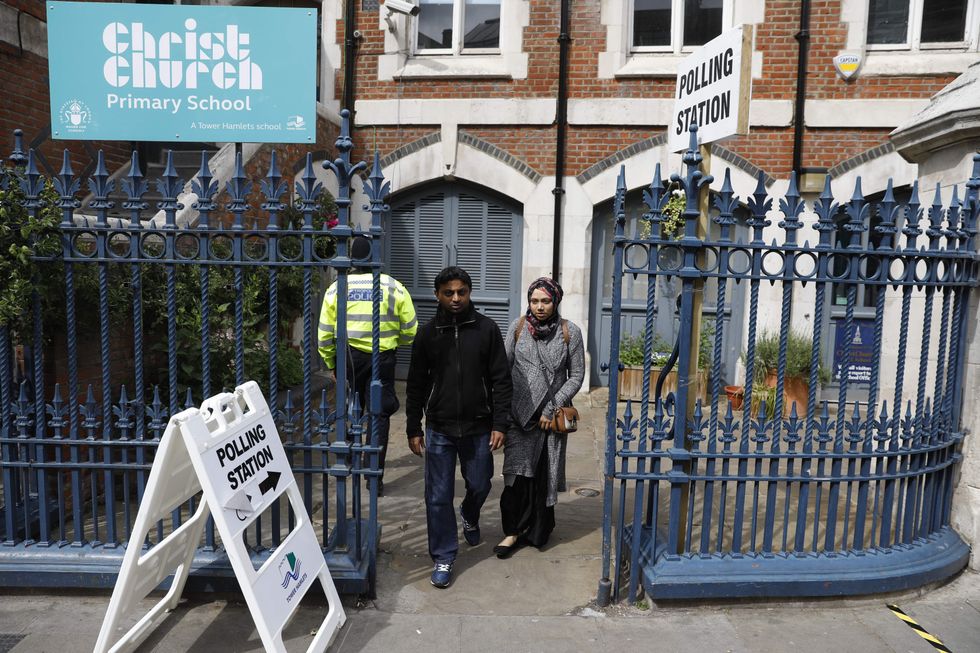CUTTING down smoking to five per cent of current rates by 2050 would increase life expectancy by a year among men and 0.2 years in women, according to recent global modelling studies published in The Lancet Public Health journal.
The researchers found that based on current trends, smoking rates around the world could continue to reduce to 21 per cent in men and about 4 per cent in women by 2050.
Along with improving life expectancy, accelerating efforts to eliminate tobacco smoking could avoid 876 million years of lives lost to death, researchers forming the Global Burden of Disease, Injuries and Risk Factors (GBD) Tobacco Forecasting Collaborators said.
They also found that banning sales of cigarettes and other tobacco products could prevent 1.2 million lung cancer deaths across 185 countries by 2095. Of these deaths, nearly two-thirds would be averted in low- and middle-income countries, because they tend to have more younger populations compared to high-income ones, the authors said.
"We must not lose momentum in efforts to reduce, and ultimately eliminate smoking around the world. Our findings highlight that millions of premature deaths could be avoided by bringing an end to smoking," said senior author, Stein Emil Vollset, of the Institute for Health Metrics and Evaluation (IHME), University of Washington, US, which coordinates the GBD study.
The estimates regarding preventable deaths came from analysing how banning tobacco sales would impact lung cancer deaths among people born between 2006 and 2010.
They also depict the potential effects of the tobacco-free generation policy, which aims to prevent the sale of tobacco to people born after a specific year.
The policy has not been implemented in any country, the authors said.
New Zealand's December 2022 legislation to ban the sale of tobacco products to anyone born in or after 2009 was repealed earlier this year.
Along with maintaining existing tobacco policies, the authors called for implementing new ones to avoid additional smoking-related risk of disease and ensure that the gains made over the past decades are not lost.
(PTI)


















 Efforts are underway to modernise voting systems
Efforts are underway to modernise voting systems The exit poll showed a lead for Labour in the July general election, which may have put off some voters from casting their ballots
The exit poll showed a lead for Labour in the July general election, which may have put off some voters from casting their ballots
 Rokey as Minty with Tianah Hodding as Clover during Animal Farm rehearsals
Rokey as Minty with Tianah Hodding as Clover during Animal Farm rehearsals

 Hadiqa Kiani
Hadiqa Kiani Cover of her EP
Cover of her EP Kiani with Asjad Nazir
Kiani with Asjad Nazir